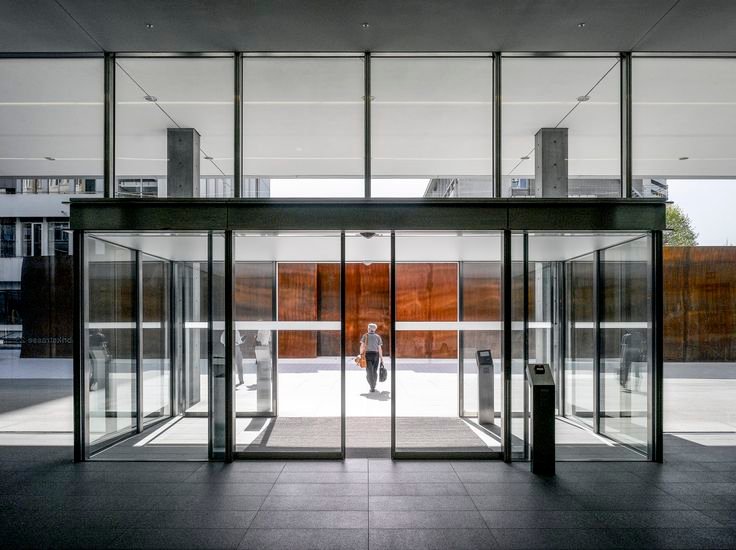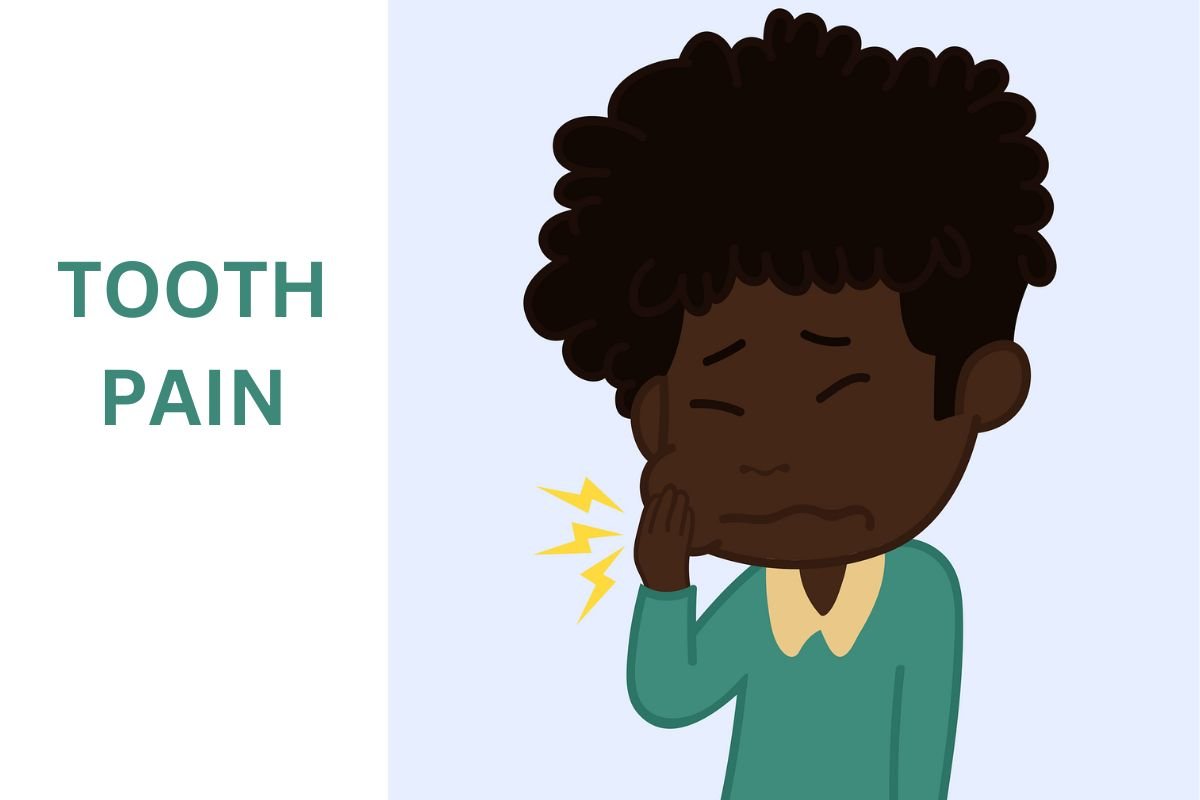Support groups play a crucial role in helping individuals maintain sobriety. These groups provide a safe space for people to share their experiences, challenges, and successes with others who are on similar journeys. The sense of community and mutual understanding found in support groups can be incredibly empowering and reassuring. For those attending a rehabilitation centre in Noida, support groups can be an invaluable resource, complementing professional treatment with peer support.
Emotional Support and Understanding
One of the primary benefits of support groups is the emotional support they offer. Members of these groups understand the struggles of addiction firsthand, creating a unique environment of empathy and compassion. This understanding can be particularly beneficial for individuals who may feel isolated or misunderstood by friends and family who have not experienced addiction. At a rehabilitation centre in Noida, support groups often form an integral part of the recovery process, helping individuals feel less alone and more connected to others.
Sharing Experiences and Strategies
Support groups provide a platform for members to share their personal stories and strategies for coping with cravings, triggers, and other challenges of sobriety. This exchange of experiences can be incredibly valuable, offering practical advice and new perspectives. For example, someone might share a technique that helped them avoid relapse, which another member can then try. Rehabilitation centres in Noida often encourage participation in support groups to facilitate this exchange of knowledge and support among peers.
Building Accountability
Accountability is a significant aspect of maintaining sobriety, and support groups help in building this accountability. Knowing that others are invested in your success can be a powerful motivator. Regular meetings and check-ins create a structure that helps individuals stay focused on their recovery goals. At a rehabilitation centre in Noida, the structured environment of support groups helps members stay accountable to themselves and each other, reinforcing their commitment to sobriety.
Reducing Stigma and Shame
Addiction often carries a significant amount of stigma and shame, which can hinder recovery. Support groups help reduce these feelings by providing a non-judgmental space where individuals can speak openly about their struggles without fear of criticism. This reduction in stigma can lead to increased self-esteem and a stronger sense of self-worth, both of which are important for long-term recovery. Rehabilitation centres in Noida emphasize the importance of support groups in creating a stigma-free environment that promotes healing and growth.
Enhancing Coping Skills
Coping with the challenges of sobriety requires a set of skills that can be developed and enhanced through support groups. Members often discuss various coping mechanisms and stress management techniques that have worked for them. This collective wisdom helps individuals build a robust toolkit for handling difficult situations and emotions. Rehabilitation centres in Noida integrate support groups into their programs to help clients develop these essential coping skills in a supportive setting.
Providing Hope and Inspiration
Hearing success stories from others who have maintained long-term sobriety can be incredibly inspiring and motivating. Support groups offer a source of hope, showing that recovery is possible and that there is a positive future beyond addiction. For individuals at a rehabilitation centre in Noida, these success stories can serve as powerful reminders of what is achievable with dedication and support.
Facilitating Social Connections
Isolation is a common issue among those struggling with addiction, and support groups help mitigate this by fostering social connections. Building a network of supportive relationships can significantly enhance an individual’s recovery journey. These connections provide not only emotional support but also practical assistance and companionship. Rehabilitation centres in Noida recognize the importance of social connections and often incorporate support group participation into their treatment plans to help clients build a supportive community.
Encouraging Personal Growth
Participation in support groups encourages personal growth and self-discovery. Sharing experiences and listening to others’ stories can lead to greater self-awareness and insight. This process of reflection and learning helps individuals understand their addiction better and develop healthier patterns of behavior. At a rehabilitation centre in Noida, support groups are seen as a vital component of personal growth and long-term recovery.
Offering a Lifeline Post-Rehab
Support groups continue to be a vital resource even after formal treatment has ended. They provide ongoing support and a sense of continuity, helping individuals navigate the challenges of maintaining sobriety in everyday life. For those who have completed a program at a rehabilitation centre in Noida, continued participation in support groups can offer a steady foundation of support and encouragement, reducing the risk of relapse.
Support groups are a cornerstone of effective addiction recovery, offering emotional support, shared experiences, accountability, and practical coping strategies. They help reduce stigma, inspire hope, and facilitate personal growth and social connections. For individuals at a rehabilitation centre in Noida, support groups play an essential role in both the treatment process and long-term sobriety. By fostering a sense of community and mutual support, these groups help individuals build a stronger foundation for a healthy, sober life.


